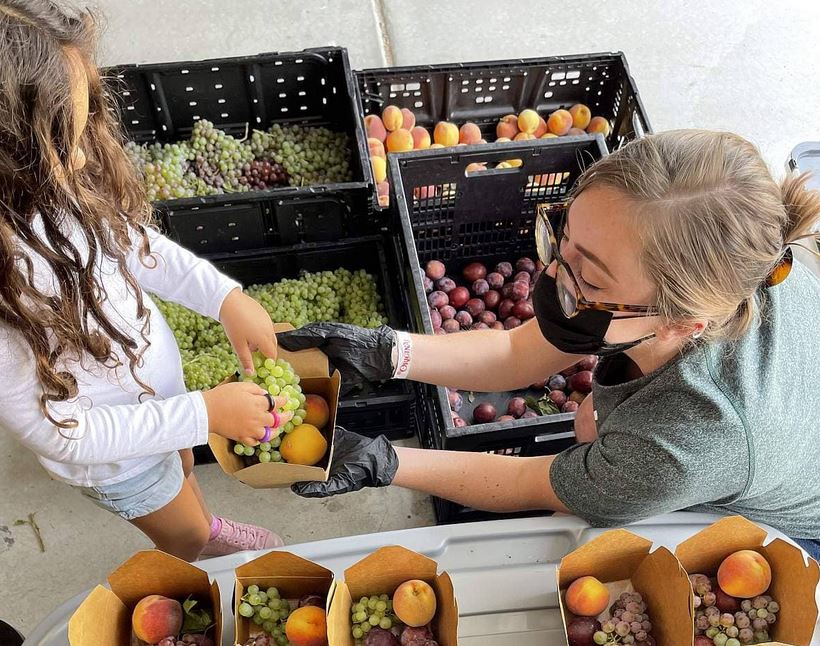
Jeanette Padilla demonstrates how a childhood on the edges of poverty can inform astute humanitarian leadership. Padilla’s nonprofit organization, Food Justice Coalition, operates in answer to lived experience. The coalition works to provide blankets, kitchen implements, money, and bureaucratic assistance to people living without shelter, but Padilla’s central priority is to deliver healthy, appealing meals to people who subsist on substandard provisions.
“We have all these preconceived notions of what it is to help people experiencing homelessness,” Padilla said in a recent interview with TechBuzz. “As a society we take up the wrong approach because we see them as outside of ourselves—when they’re just essentially us.”
That is, we hand a box of pizza or a McDonald’s sack through the car window. We contribute canned goods, bagged bread, and sometimes frozen meat to food pantries—important stock items, but, as Padilla points out, not vital nutrition.
“What would you want to eat if you didn’t have access to food all the time and you’re not feeling good, or you’re feeling tired? Would you want to eat hamburgers and pizza and granola bars and donuts every day, three meals a day? Once in a while, you’ve got to eat something that’s not making you feel bad in your body.”
Padilla is not condemning anyone who shares food. “It’s not that people don’t care about what they’re feeding people that are unsheltered. It’s just easy to distribute those kinds of foods because they’re cheap, and some of them are shelf stable. But I think we ‘other’ people who are experiencing homelessness. We don’t think about their health, and what conditions they might be living with, and what their food preferences are.”
Childhood circumstance prompted Padilla to grow up quickly, alert to the needs of others. Relocations between California and Mexico strained her family’s tenuous access to food and shelter. At fourteen, she spoke better English than her immigrant parents, so it became her responsibility to contract attorneys for a brother who had fallen into trouble. Hard history now grants Padilla the empathy and know-how to address human need on a meaningful scale—and to help people on either side of the hunger gulf to reach across.
Tags:

